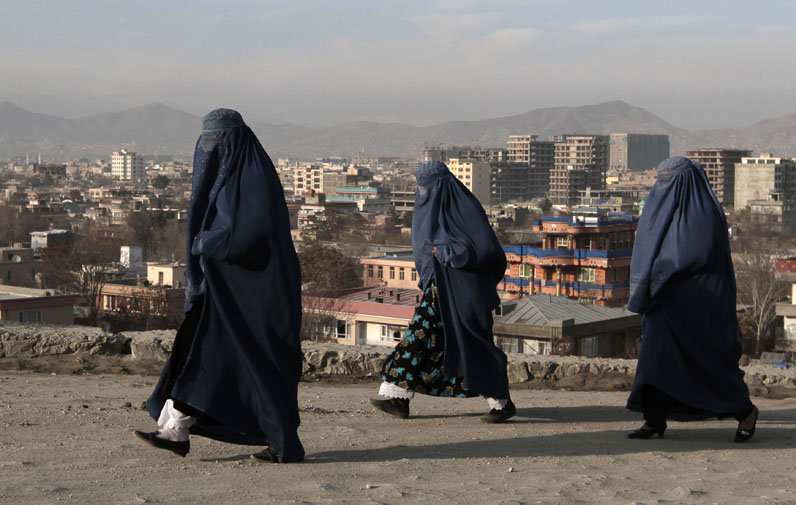Women’s rights are not a luxury that can wait until we solve the climate crisis, end poverty, and create a better world.

Around the world, progress on women’s rights is vanishing before our eyes. The latest forecast estimates that on the current track, it will take another 300 years to reach full gender equality. Today’s cascading crises, from the war in Ukraine to the climate emergency, affect women and girls first and worst. And as part of the global pushback against democracy, women’s rights over their bodies and autonomy over their lives are being questioned and denied.
Two statistics make our failure clear: Every 10 minutes, one woman or girl is murdered by a family member or intimate partner. And one woman dies every two minutes during pregnancy or childbirth. Most of those deaths are preventable.
We need to reverse these horrific trends and stand up for the lives and rights of women and girls. This is one of my core priorities and a central plank of the work of the United Nations around the world.
From South Sudan to Myanmar, we are supporting women and girls in crisis and making sure their voices are heard in peace processes. The deputy secretary-general, Amina Mohammed, recently visited Afghanistan with a message for the authorities: Women and girls have fundamental human rights, and we will never give up fighting for them. This year, International Women’s Day, celebrated on March 8, focused on closing gender gaps in science, technology, and innovation. Globally, men are 21% more likely to be online than women — and over 50% more likely in low-income countries.
But even the richest countries lose out because of gender-based stereotypes and historic bias. In the tech industry, men outnumber women two to one. In Artificial Intelligence, it’s five to one.
Big data is the new gold, and the foundation of today’s political and business decisions. But it often ignores gender differences — or turns a blind eye to women altogether.
We should all be alarmed by products and services that bake in gender inequality from the start and digitise patriarchy and misogyny.
The Silicon Valleys of this world must not become death valleys for women’s rights.
Medical decisions based on data from men’s bodies can not only harm women, they can be deadly. Discrimination against women in science and technology is the result of centuries of patriarchy, discrimination and damaging stereotypes.
Women account for 3% of Nobel Prize winners in scientific categories since 1901. And women online — including scientists and journalists — are often targeted for sexist hate speech and abuse designed to silence and shame them.
But they will not be silenced. Women and girls everywhere are demanding their rights, and their words reverberate around the world.
We need action on several fronts to make sure women and girls can make their full contribution to the world’s knowledge through science and technology. We must break down barriers — from discriminatory data to stereotypes that push girls away from studying scientific subjects at an early age. Decisionmakers of all kinds must broaden women’s participation and leadership in science and technology, through quotas if necessary.
We also need action to create a safe digital environment for women and to hold accountable both the perpetrators of online abuse, and the digital platforms that enable them.
The United Nations is working with governments, civil society, the private sector and others on a code of conduct aimed at reducing harm and increasing accountability on digital platforms while defending the freedom of expression.
Women’s rights are not a luxury that can wait until we solve the climate crisis, end poverty, and create a better world.
Investing in women and girls is the surest way to uplift people, communities and countries, and to achieve the 2030 Agenda for Sustainable Development. Together, let’s work for a more inclusive, just, and prosperous world for women and girls, men and boys, everywhere.